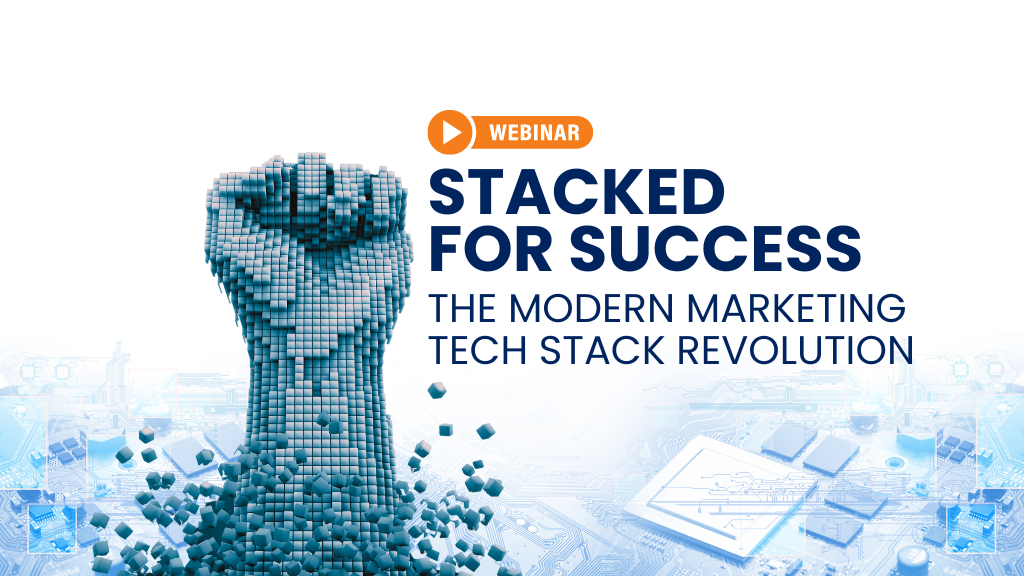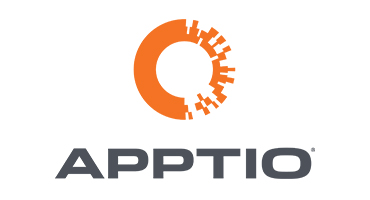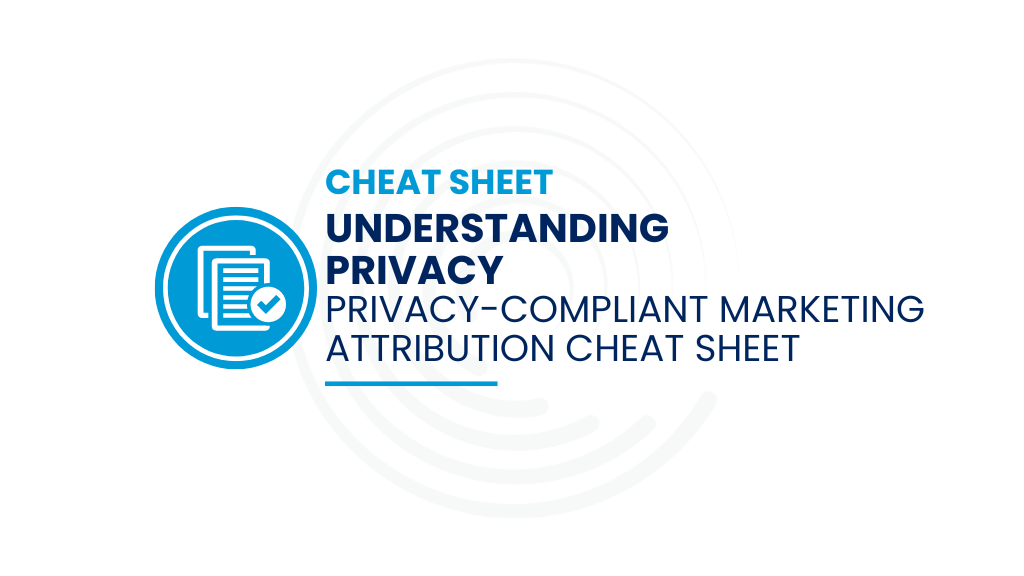
A KFF study published earlier this year found that the pandemic and resulting economic dislocation has had a profound impact on Americans’ mental health, with 4 in 10 adults reporting symptoms of anxiety or depression — up from 1 in 10 in 2019. More than a third say they’ve had difficulty sleeping. Survey respondents also reported changes in their eating and alcohol consumption habits.
It’s not surprising. We’re living in a stressful time, and the pandemic affects everyone, even healthy people with secure jobs they can do from home. As we approach year two of living in a public health crisis with no clear end in sight, mental health issues are taking a toll on workplaces. Most CEOs aren’t therapists, but as company leaders, we can still play a role in supporting employee mental health. Here are three ways CEOs can promote mental wellness in a time of heightened stress.
1. Make balance a company value. At Full Circle, customer success is our top company value, and we work hard to make sure every customer gets the most out of their Full Circle implementation. But balance is also a major part of our culture. In fact, if you don’t have a hobby, you can’t work at Full Circle. Seriously — “what’s your hobby?” is one of our interview questions. Why? Because we believe that employees who achieve balance in their lives are happier, and happier employees perform better at work, thereby driving customer success.
We not only require that employees have a hobby, but we also give them time off to pursue their interests, actively encouraging employees to have a life outside of work. We want employees to work hard when they’re here, and we believe having a home life enhances work life. So, one way CEOs can address employee mental health is to encourage balance.
2. Create a flexible workplace. There’s been a lot of talk over the past year about what happens when the pandemic is finally in the rearview mirror. An emerging consensus is that employees want more flexibility after having a taste of the remote work life. And since the labor shortage gives job seekers more power, many HR teams are scrambling to accommodate this demand.
It makes sense. But it’s important to keep in mind that not everyone wants the same thing. Some companies are offering employees “remote forever” options, and that will be attractive to many. But there are also plenty of employees who crave the in-person interactions an office environment provides. To be as fair and equitable as possible, employers should maximize flexibility. Let the introverts choose remote work and the extroverts come to the office if possible.
3. Be like Gen Z. There was a fascinating article in The New York Times recently: “The 37-Year-Olds Are Afraid of the 23-Year-Olds Who Work for Them.” It was about the culture shock some Millennial bosses are experiencing when their Gen Z employees boldly assert their values, refuse to conform to office traditions and insist on bringing their whole selves to the job, personal issues and all. But maybe leaders of any age can learn something from the newest generation in the workforce.
It’s a good thing when employees are themselves at work — conversations are more authentic, and issues are discussed openly instead of festering in the shadows. It’s good to embrace a common set of values and question processes that are justified by “we’ve always done it this way.” It’s good when employees are unashamed of their personal problems. Of course, it’s also important to be respectful of others’ viewpoints and patient as customs evolve. But Gen Z’s openness is refreshing.

Employee wellbeing is a popular topic these days because company leaders recognize that their most valuable assets — their people — are vulnerable due to the stresses of the pandemic. Conditions like unresolved depression and anxiety take a huge toll on individuals and families, and they can also have ripple effects in the workplace and significantly reduce productivity.
Most CEOs aren’t trained therapists, but they do have a role to play in supporting mental health. If you build a happier company culture that emphasizes balance, create a flexible workplace that works for everyone, and encourage employees to be themselves, you can make a real difference for employees who are under stress — and create a more productive company at the same time.




